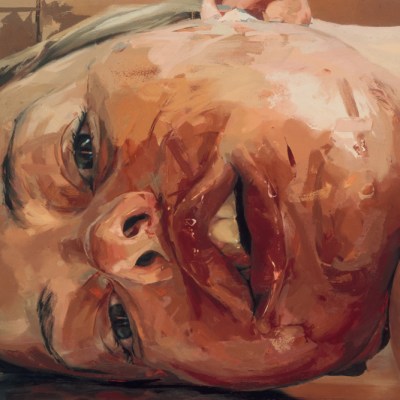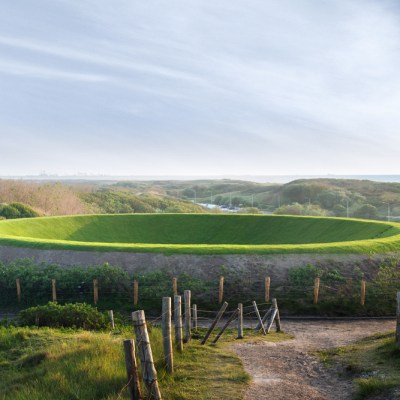Museums in Iran have closed and have moved their artefacts to protected storage as the country’s conflict with Israel escalates, Art News reports. Iran’s deputy cultural heritage minister, Ali Darabi, first ordered ‘custodians of artefacts’ to follow crisis protocols and relocate valuable objects to safety on 13 June. The following day, the culture ministry declared that all sensitive artefacts had been successfully transported. Sites at risk include the National Museum of Iran, which houses the world’s largest collection of Persian artefacts, and the Tehran Museum of Contemporary Art. Art institutions in Tel Aviv have also transferred artworks and artefacts in their collection, as well as those on loan from other institutions, to protected facilities.
The Italian government has announced that it is cutting VAT on art sales from 22 per cent to 5 per cent with immediate effect, reports the Financial Times. The decision comes after campaigning by artists and dealers throughout the country, who have argued that the government’s failure to bring VAT rates in line with those of other European nations would ‘endanger the survival’ of Italy’s contemporary art market. A report commissioned by the art-industry advisory body the Apollo Group stated that the previous tax rate made it up to 18 per cent more expensive to buy art in Italy than in France. Italian culture minister Alessandro Giuli says that the cut will allow Italy to ‘once again compete on equal terms’.
In a report issued last week, a United Nations commission determined that Israeli attacks on cultural, religious and educational sites in Palestine amount to war crimes and crimes against humanity. The Independent International Commission of Inquiry on the Occupied Palestinian Territory, including East Jerusalem, and Israel, condemned the destruction of ‘over half of all religious and cultural sites in the Gaza Strip, part of a widespread and relentless assault against the Palestinian people’. The report was officially presented at a session of the Human Rights Council on 17 June.
Researchers at the Museum of London Archaeology (MOLA) have discovered a number of ornate Roman frescoes while reassembling ancient plaster fragments found in a development site in central London in 2021, reports the BBC. The ‘world’s most difficult jigsaw puzzle’, as MOLA specialist Han Li describes it, comprises depictions of flowers, fruits, animals and musical instruments that once covered the interior walls of a villa built between 43–150 AD, the Art Newspaper reports. The artists of the frescoes remain unknown, but the discovery of a fragment marked with the Latin inscription ‘fecit’, meaning ‘has made this’, has left the MOLA team hopeful that at least one name will be uncovered in the course of their research.
In London, museum guards working at the Victoria and Albert Museum, the Natural History Museum and the Science Museum have secured pay rises of between 13 and 23 per cent, reports the Art Newspaper. The increase follows more than 50 days of strike action from the guards, who are employed by the external contractor Wilson James. The guards were striking over what their union, United Voices of the World (UVW), called ‘stagnant pay’. As part of the salary adjustments, the £11.95 hourly wage that many guards receive will be increased to a base wage of £13.85 (backdated to 1 April), the current London Living Wage. Petros Elia, general secretary of the UVW, described the increase as ‘life-changing’. The salary of some guards, depending on their seniority, is set to rise by up to £8,000.
In other strike-related news, the Louvre was forced to close on 16 June after staff staged a spontaneous walkout in ‘a mass expression of exasperation’, Le Monde reports. The workers on strike included gallery attendants, guards and ticketing staff, who are unhappy about overcrowding, understaffing and deteriorating conditions at the museum. The Art Newspaper reports that this is the second walkout this year, according to one union representative.
An earthquake has damaged several heritage sites in the Halkidiki peninsula in northern Greece, including monasteries built between the 10th and 14th centuries, reports Le Figaro. Frescoes in the buildings, which were already weakened by an earthquake that took place in February, have been damaged further and are currently being inspected by archaeologists and restorers.



